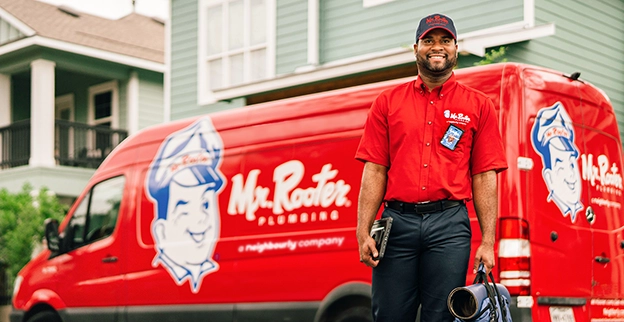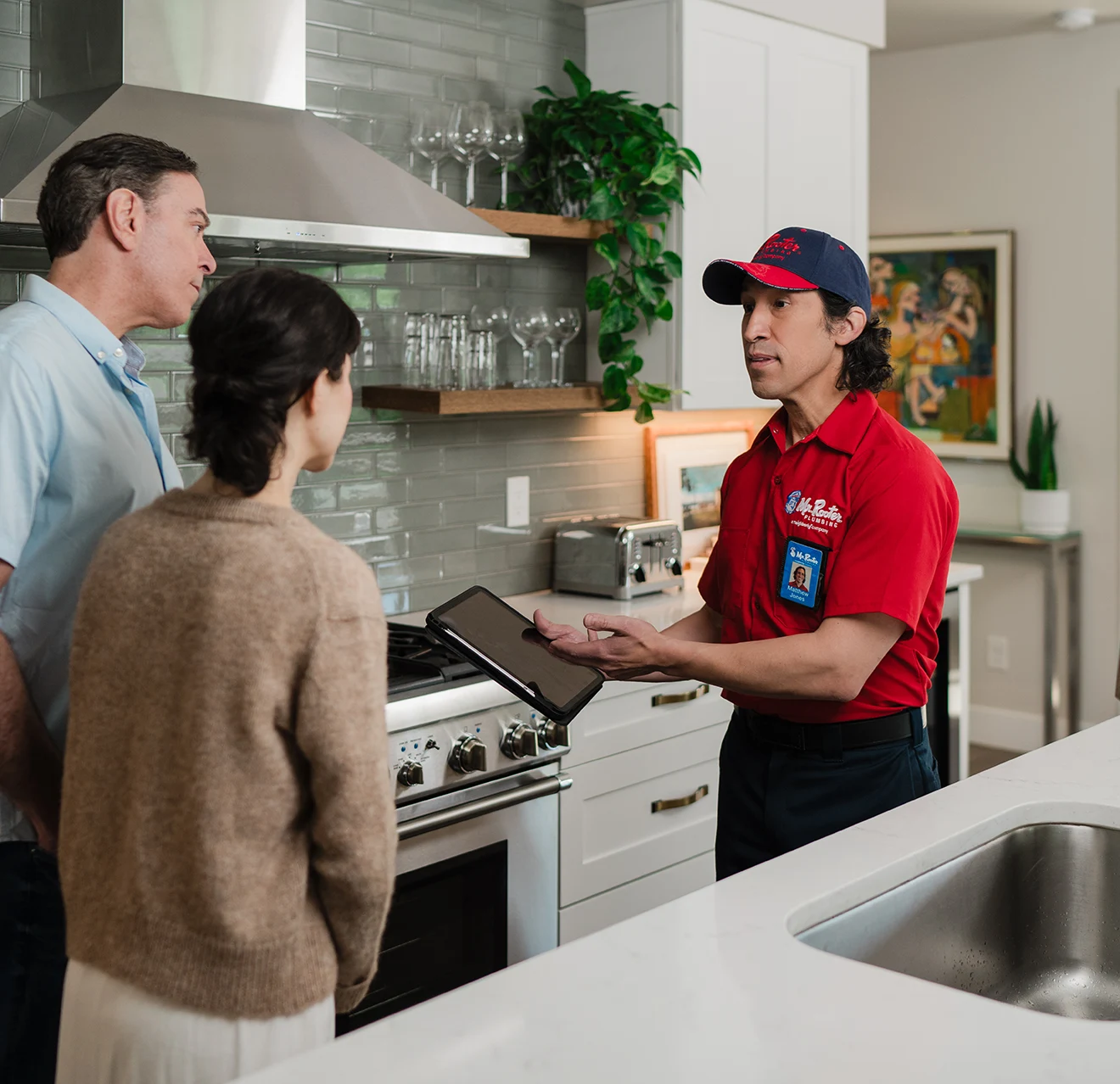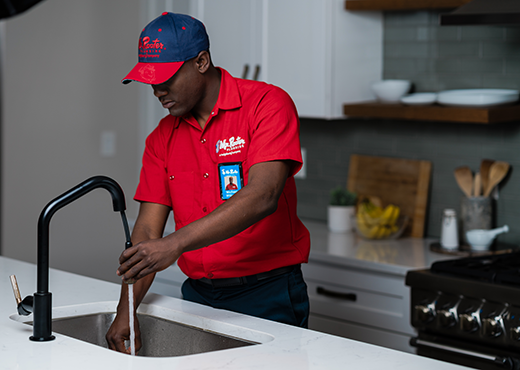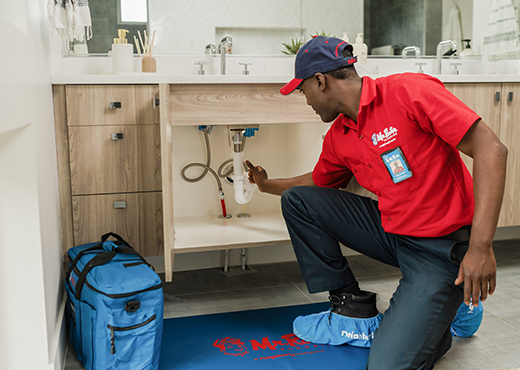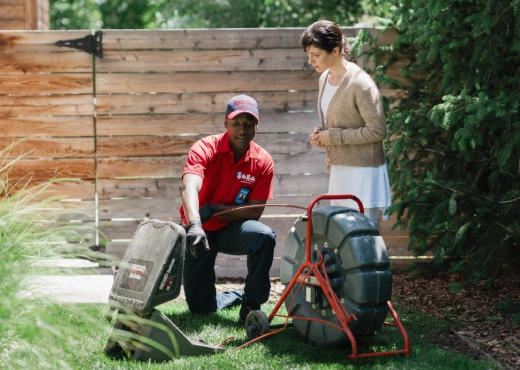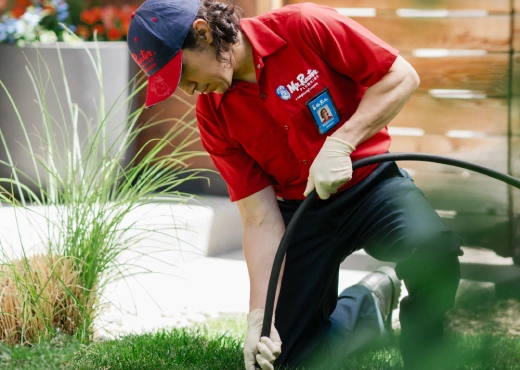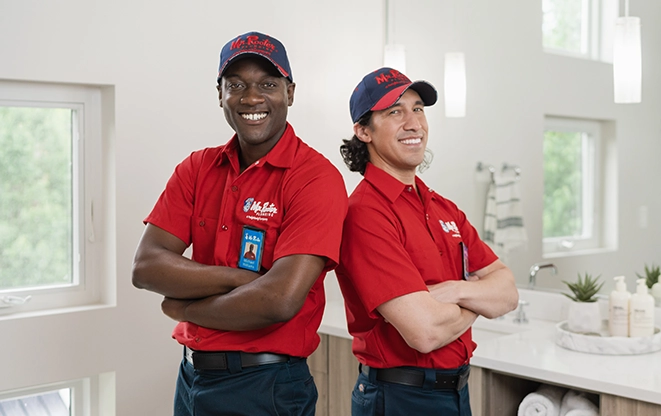Given that an emergency plumbing situation can really escalate to serious damage and costly repairs, it’s good to know what causes them—and how to avoid them. Right off the bat, we’ll mention that installation equipment such as backwater valves or sump pumps can help mitigate emergencies. Moreover, making timely and prudent efforts toward water leak detection is also a smart move.
If you’re noticing yourself calling an emergency plumber far more often than you should be, then keep reading to discover some common causes of plumbing issues—along with some preventative tips.
Improperly Used Drains
Harmful materials such as fats, oils, and grease can cause soft blockages in your pipes. Hard blocks such as large debris like toys, rocks, and anything else that shouldn't go down your toilet can cause a large blockage, especially since soft blocks will fuse with large objects to create walls in your pipes.
Ensure the following harmful materials do not make it down your drain:
- Fats, oils, and grease
- Paper towels, tissues, and wet wipes
- Excessive amounts of toilet paper
- Personal hygiene products
- Hair
- Eggshells
- Coffee grounds
- Dental floss
- And really anything other than human waste, water, or toilet paper
Pipe Damage
A variety of factors can cause damage to your pipes, eventually leading to burst pipes or completely clogged drains.
Tree roots: If a large number of trees surround your home, your pipes could be at risk of tree root intrusion. Roots search for water underground and your pipes may be at risk of being infiltrated by roots if they detect liquid. This can happen via small cracks or sometimes the roots will wrap around the lines, eventually bursting them open.
Corrosion: As metal pipes age, the metal within them starts to corrode over time. Improper usage of your drain can accelerate the process. Another commonly overlooked culprit for corrosion is chemical drain cleaners. These chemicals have corrosive components that will trigger more wear and corrosion damage, eventually requiring emergency plumbing service. Instead of harmful chemicals, call your licensed plumber to bring back your flow of water without causing costly damage down the road.
Frozen pipes: A wintertime nightmare, underground or exposed pipes are susceptible to freezing. Although they aren’t always at risk of bursting, they can still affect the water pressure flowing through your home. If you want to avoid basement flooding or more severe plumbing disasters, this issue is important to address quickly.
